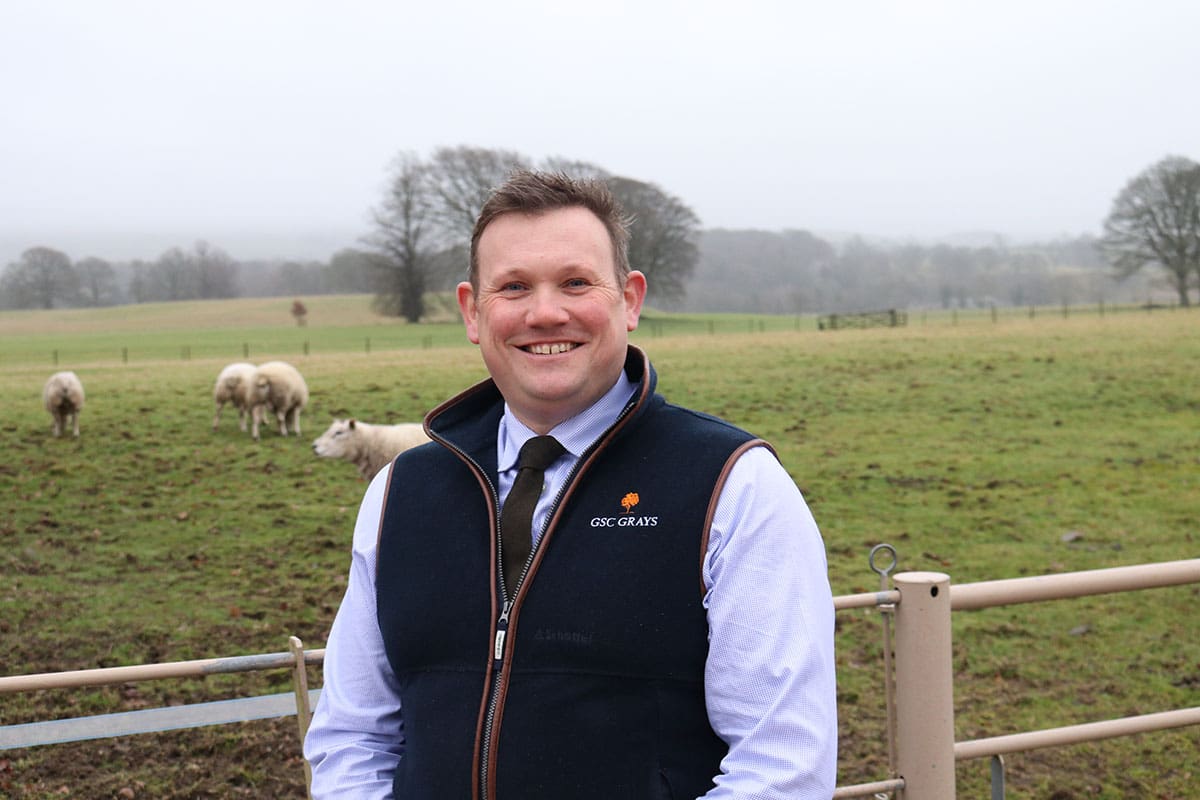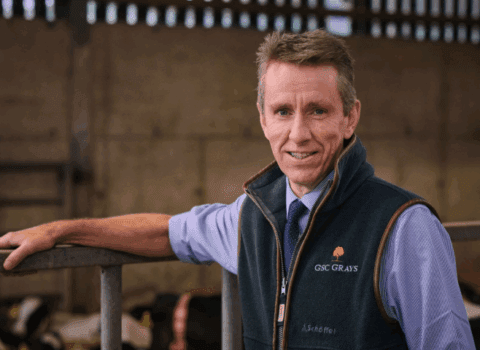Contact our offices
Main office
COLBURN
5 & 6 BAILEY COURT
COLBURN BUSINESS PARK
RICHMOND
NORTH YORKSHIRE
DL9 4QL
Estate Agency Offices are located in
BARNARD CASTLE, BOROUGHBRIDGE & RICHMOND
Residential Management Team
Our Offices
- Alnwick
01665 568310
Email Officealnwick@gscgrays.co.uk - Barnard Castle
01833 637000
Email Officebarnardcastle@gscgrays.co.uk - Boroughbridge
01423 590500
Email Officeboroughbridge@gscgrays.co.uk - Chester-Le-Street
0191 3039540
Email Officechester-le-street@gscgrays.co.uk - Colburn
01748 897630
Email Officecolburn@gscgrays.co.uk - Driffield
01377 337180
Email Officedriffield@gscgrays.co.uk - Hamsterley
01388 487000
Email Officehamsterley@gscgrays.co.uk - Hexham
01434 611565
Email Officehexham@gscgrays.co.uk - Kirkby Lonsdale
01524 880320
Email Officekirkbylonsdale@gscgrays.co.uk - Penrith
01768 597005
Email Officepenrith@gscgrays.co.uk

Controlling the Controllables: SFI a catalyst for change
With the impending autumn budget statement due to be delivered on 30th October, there has been much talk about the potential impact that this may have on the farming and wider rural communities.
Any of the possible tax announcements may present a challenge in the medium to long term, but most family farming businesses are quite rightly more concerned with the ‘here and now’.
Volatility in the arable sector, particularly due to reduced market prices, coupled with reduced yields means that many businesses are going to struggle with their cashflow in the coming months.
Whilst livestock prices remain strong, and the prospect that feed may be more economically priced this year, most livestock farmers are still seeing similar tightening of the cashflow. The continued reductions in Basic Payments Scheme payments is clearly a major factor, and is compounded by the lack of labour in the sector which is curtailing production levels.
What can we do?
It would seem there is little that we can do as farmers and advisors to stem the downward spiral, as most of the issues mentioned above are outside our control. Rather, we need to focus on what we can control, namely the costs of production and the structure of our enterprises.
This thinking is nothing new; reduce the costs of what you produce and improve the margin you receive. A simple concept, but daunting if your production systems have never changed, and you have always had the safety net of the support payments to mask the inefficiencies.
SFI to the rescue?
The roll out of the new Sustainable Farming Incentive (SFI) 2024 could provide a means of transitioning to a new system and bolstering income while you do it.
From the use of herbal leys, legumes, or a move to native breeds in livestock production, to no till, companion cropping, and variable rate nutrient applications in arable, the new schemes can act as a catalyst for change.
The scheme options should also be treated as any another enterprise on the farm, and all associated costs of delivery should be considered as part of the decision process. The financial bearing on your existing enterprises should also be considered, with more weight given to the options that will complement the current activities and increase their margins, rather than chasing the payments on what is ultimately a limited term agreement.
Controlling the controllables
The SFI scheme payments can be used to facilitate the move to lower costs of production and build some resilience into the enterprises you manage, reduce your exposure to market volatility by becoming less reliant on purchased inputs, and move to a system that allows you to weather the storm by giving the flexibility of changing your point of sale or purchase to that which is most economical, rather than when funds allow or desperation demands.
Combine this with a process of continued evaluation of the enterprise performance, and you will be amazed at what you can achieve.
Change is never an easy thing to embrace, and there would never seem to be the perfect time. But let me tell you, the perfect time is now!
Don’t be afraid of asking for help, there are a number of good advisors out there ready and willing to assist, and any costs that you may incur using them should pale into insignificance against the value that they will bring to your business through their engagement.
Farmers can receive free advice through our Farm Business Advice Service which is funded by Defra. To sign up for a free on farm visit with one of our Farm Business Consultants, contact us on 03333 059 059 or email fbas@gscgrays.co.uk. Please don’t delay, the scheme closes to new applicants at the end of the year (2024).


GSC Grays News
GSC Grays launch innovative tool to unlock short-term funding for farm businesses
Read more







